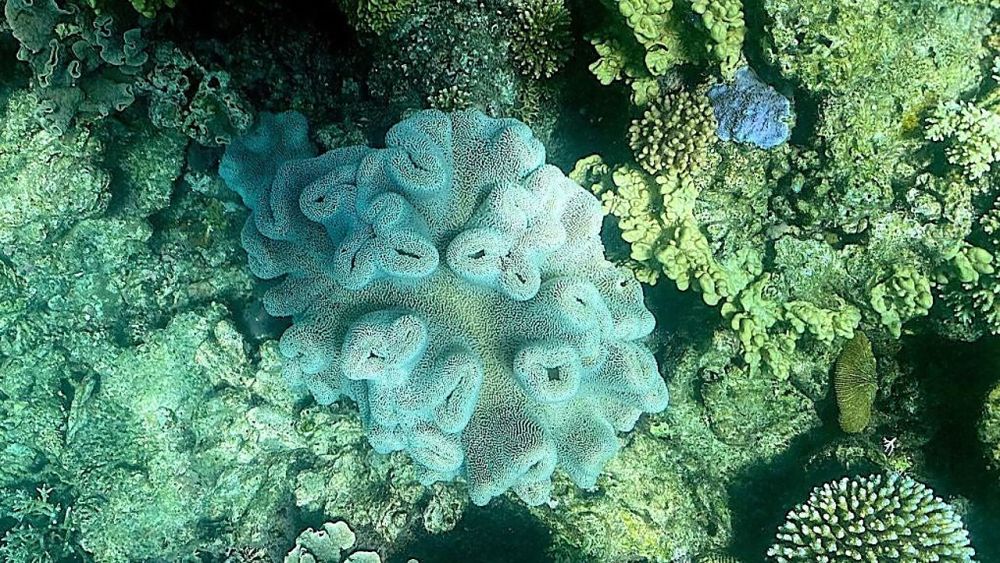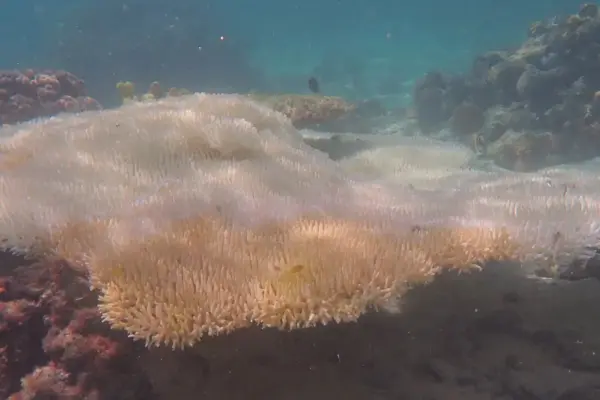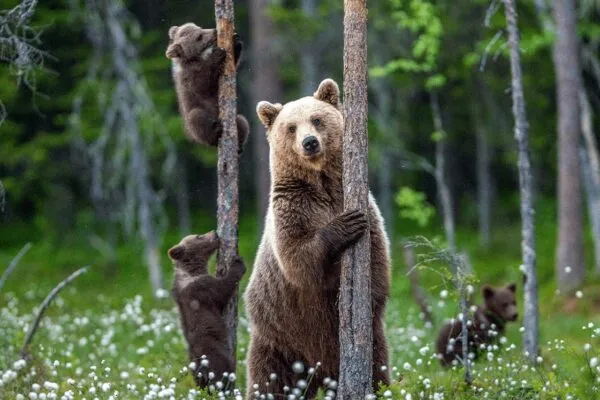Great Barrier Reef Suffering Sixth Mass Bleaching and We Can’t be More Heartbroken
In the last six years, the world’s largest reef system has suffered four mass bleaching events amid rising temperatures, and it is frightening
Stretching for over 2,300 kilometers (1,400 miles), the Great Barrier Reef along the northeast coast of Australia is suffering its sixth mass bleaching. Australia’s Great Barrier Reef Marine Park Authority (GBRMPA), which oversees the reef system, confirmed the ongoing mass bleaching. The report came four days after the United Nations began a monitoring mission to assess whether the World Heritage Site is being protected from changing climatic conditions.
The reef system is home to about 1,500 species of fish and 4,000 types of mollusk, and global warming-induced bleaching has endangered these species as well. It comprises 2,500 individual reefs and over 900 islands, all of which are suffering from bleaching. The authority said that suffering despite the cooling effect of the La Niña weather phenomenon, which is currently influencing the continent’s climate.
The aerial surveys showed almost no coral reefs across a 1,200 km stretch escaping the heat. Scientists warn that in order for the world’s largest reef system to survive, urgent action on climate change is required. However, some are optimist that bleached corals, while in stress, can still recover if conditions become more moderate.
The Marine Park Authority wrote in its report;
It is important to note that bleached coral is stressed but still alive. If conditions moderate, bleached corals can recover from this stress, as was the case in 2020 when there was very low coral mortality associated with a mass bleaching event…Weather patterns over the next couple of weeks continue to remain critical in determining the overall extent and severity of coral bleaching across the Marine Park.
The most recent mass bleaching occurred in 2020, when warm water currents caused the coral to thrust the algae that it consumes out of its tissue, which resulted in loss of color. Scientists have urged for immediate reduction in greenhouse gas emissions that are causing the repeated mass bleaching events.

Image: Glenn Nicholls/AFP
Dr David Wachenfeld, GBRMPA chief scientist, said;
But having said that, the climate is changing and the planet and the reef is about 1.5 degrees centigrade warmer than it was 150 years ago. Because of that, the weather is changing. Unexpected events are now to be expected. Nothing surprises me anymore.
Reportedly, reefs closer to the shore between the Whitsunday Islands to Cooktown had seen witness extreme cases of bleaching, but the “spatial footprint of severe bleaching is very wide.” Most reefs were labelled as severe along this stretch, meaning 60 percent of an individual reef’s corals had damaged due to the event.
On the other hand, bleaching in the southern section of the marine park was slighter than other places. The part has some reefs with no bleaching at all.
One question pops in mind though: what will become of Great Barrier Reef and how long can it endure the impact of rising temperatures and how many events of coral bleaching?
Via: BBC


